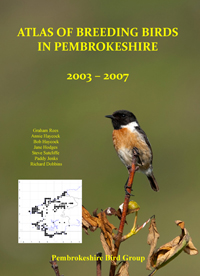Magpie - 1894
 Saturday, December 18, 2010 at 9:48AM
Saturday, December 18, 2010 at 9:48AM Pica rustica
A common resident.
Very numerous about all the wild and unpreserved districts of the county. Such numbers used to resort to our covers to roost that one winter we shot many of them, and the rest, taking the hint that we did not desire their presence, left us for a time. When we first waged war against them we were astonished at their indifference to our gun. We shot two or three out of a tree, and the others perched on it only craned their necks towards us, keeping up a great chattering, and never thought of flying away. We had many lying dead upon the ground before there was any attempt to escape. It was not until after several nights of slaughter that the birds judged it to be advisable to give our woods a wide berth.
Magpies are great devourers of eggs, young birds, &c, and it was on account of our Pheasants that we wished to frighten them away. In severe winters they are almost the only birds that keep sleek and fat, as they then feast upon the starving smaller birds. Mr. Dix writes of the Magpie : " Very common, but so readily destroyed that I fear it will soon be a rarity ; still, as there are large tracts of country without a gamekeeper, it has a chance for the present.
It is a very destructive bird, and in many places is quite a pest. I have heard of a place, in the extreme south of the principality, where they used to congregate at night like Rooks : it took all the keeper's time to watch them till some poison was laid, and the following morning he picked up two or three barrows full of the dead birds. The country people are very superstitious, finding omens in numberless occurrences, and this bird is most carefully watched, as upon the number seen together, the direction of their flight, &c, depends a great deal of good or bad luck."


Reader Comments